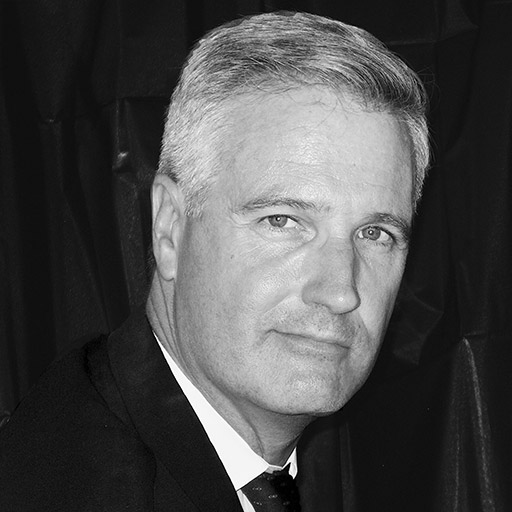August 24, 2023 Today’s Question of Ethics Conversation looks at workplace culture and technology. It focuses on the ethical challenges to workplace culture and technology as it pertains to Canon 1.1 of the NACM Model Code of Conduct, which states that a court professional faithfully carries out all appropriately assigned duties, striving at all times to perform the work: Diligently—characterized by steady, earnest, and energetic effort. Efficiently—capable of producing desired results with little or no waste (as of time or materials) Equitably—dealing…
This content is only available to NACM members
To gain full access to this article you must login, if you are not a member you can start a free trial to access the Court Manager free for the next 7 days and receive access to valuable information relating to your court. After your trial, we encourage you to become a member and take advantage of all that NACM has to offer!


